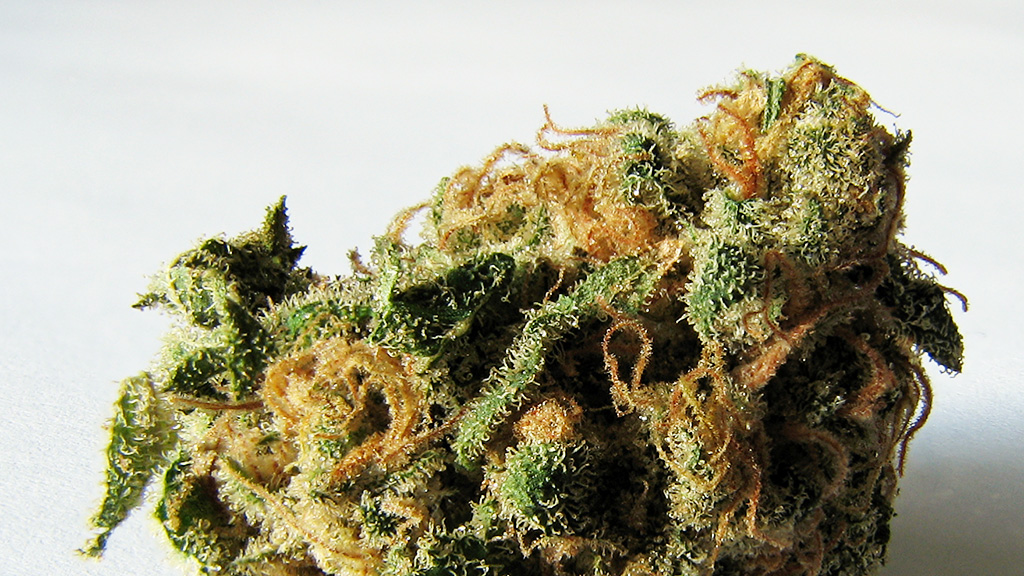Editorial: Many precautions to take before legalizing marijuana
 HighinBC
HighinBCLeft-winged folk rejoiced when it was announced that Justin Trudeau, leader of the Liberal Party, is the new Prime Minister of Canada. Supporters are celebrating the optimistic campaign promises, including lower taxes, more infrastructure investments and a promise to launch an inquiry into the thousands of missing and murdered indigenous women. But a promise that has many hippies and stoners especially stoked is the promise of legal marijuana sometime in the near future. So how long until there’s a dispensary in every McDonald’s?
Unfortunately, probably not anytime soon. The decriminalization while we wait for legalization should lighten the “War on Drugs’” economic strain via the prison system. But in the interim there is a lot that needs to be discussed before weed can and should be easily accessible, from how much to tax it, to personal plants, to approving more large-scale producers.
Something that is absolutely necessary to the legalization process is more thorough studying of how varying amounts of THC and other psychoactive components in the bloodstream affect the brain’s functioning. There are numerous neurological changes that happen when you get high and a few major ones are reduced multitasking ability, reduced attention span, and reduced fine motor skills. These impaired mental functions make a lot of simple tasks difficult. So if simple tasks become hard, complex tasks like driving become significantly less safe.
With the ability to drive (among other tasks) becoming unsafe when high, the most important issue regarding legalization is making sure people don’t drive impaired. Mothers Against Drunk Driving (MADD) estimates that between 1200 and 1500 drunk driving fatalities occur each year — this number must not go up if the number of people driving high goes up due to easy accessibility and lack of education about marijuana. I can’t count the amount of times I’ve heard “I drive better high.” The same was said about alcohol before the huge backlash against drunk driving. We don’t need a string of impaired driving-related deaths to spawn the necessity of a reaction like that of the MADD. Marijuana is already looked down upon as a negative substance by many, so don’t give those people another reason to want it pushed back into prohibition. Driving drunk is becoming increasingly socially unacceptable as the years pass. Driving high needs the same taboo.
Unfortunately, awareness and public opinion is not the be-all-end-all solution to keeping people from driving high. There also needs to be a way to detect THC in the bloodstream when people are stopped and suspected of driving high. The threat of injuring another person (or yourself) isn’t enough to keep everyone from getting behind the wheel when intoxicated. Breathalyzers and penalties aren’t the perfect solution, but the threat of losing a license is what keeps many from driving home after too many drinks at the bar. THC breathalyzers are being researched, but more funding is needed to decide if they are really the most effective method of detection.
If we’re going to legalize, a system like the one established to determine safe levels of blood alcohol content needs to be implemented, and fast. Impaired driving is a problem. Put the money saved from the strain prohibition put on the prison system into finding a quick and reliable way to detect THC in the bloodstream, along with awareness about the dangers of high driving.





Cannabis prohibition does not deter cannabis use or reduce availability, much less prevent people from driving while impaired by cannabis. Your editorial implies otherwise.
The law prohibits possession, so it behooves the stoned driver to finish their stash before hitting the road.
Happily, driving while one’s ability to do so is impaired by any substance, licit or illicit, is illegal, regardless of cannabis laws.
Cannabis is an economic substitute for alcohol and other drugs, such that when cannabis use goes up, drinking and other drug use goes down, causing a net reduction in drug-related traffic accidents.
There is a long list of legal prescription and OTC medications, including cold remedies, that may cause impairment, for which the police lack a roadside screening device, and yet no one seems very concerned about it.
It will take another hundred years to understand what the hippie movement means. Here’s a link to a novel that at least makes a careful, entertaining effort. https://turningtothesun.com/
A Promise is a Promise. ‘Right away’ means now.